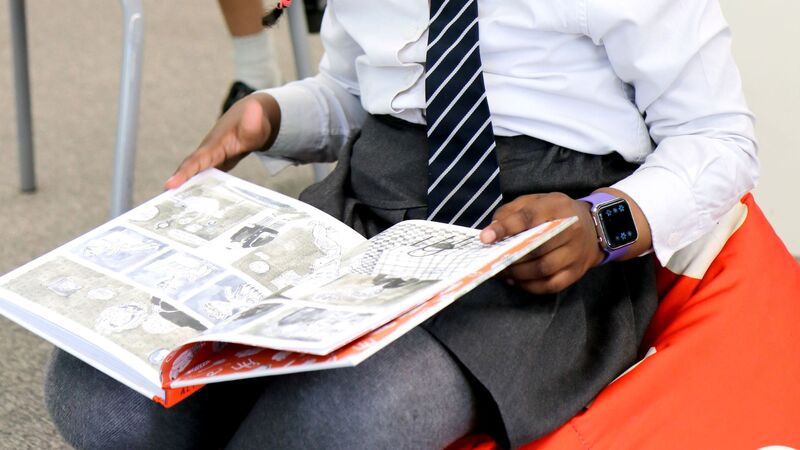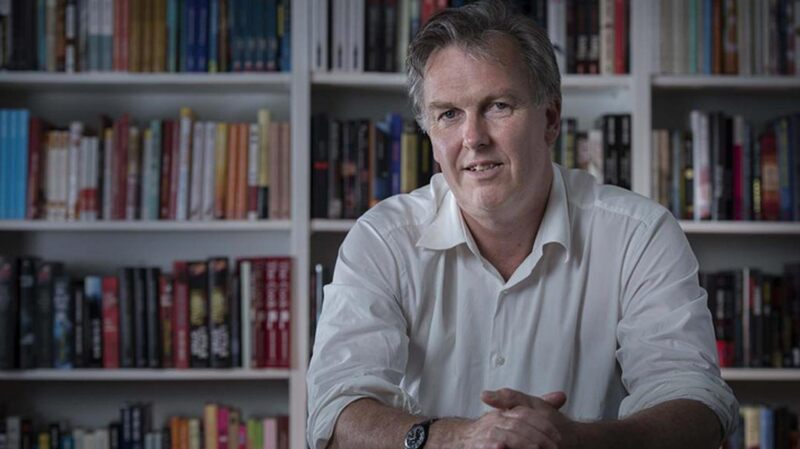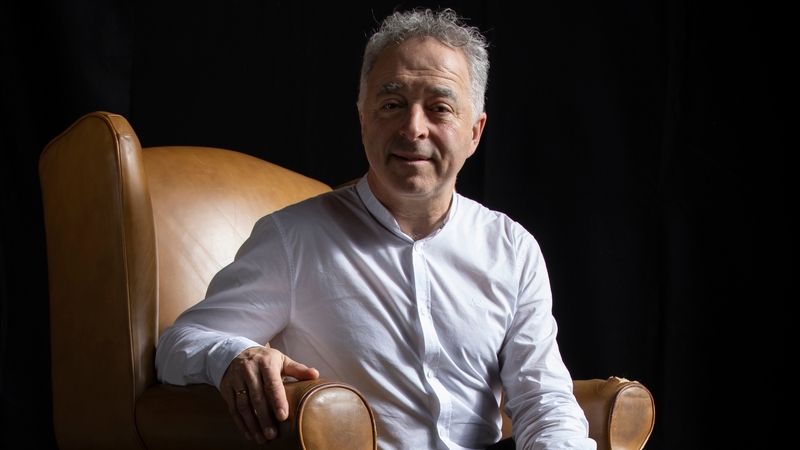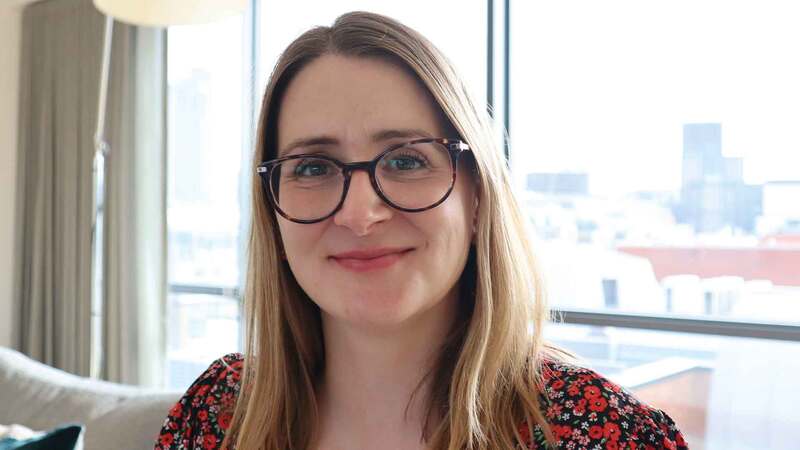You are viewing your 1 free article this month. Login to read more articles.
Bloomsbury has transformed 'surprisingly well' despite severity of pandemic hit, says Newton
Bloomsbury chief executive Nigel Newton has said the beginnining of the pandemic had a severely negative impact on Bloomsbury's sales, but that overall the company had "transformed surprisingly well".
Speaking to former Rowman & Littlefield International c.e.o Oliver Gadsby at the virtual IPG spring conference today (2nd June), Newton said the company had lost "100% of [its] retail customers, practically overnight". Newton said: "We basically had no customers over night, but the channels that are open have over-performed, Tesco has sold a lot of books because supermarkets are not only open, they are having the time of their lives, but they only sell a certain type of book."
But confirming what other big publishers have noted, Newton said it sales had recovered after initially being down by two-thirds. "Our sales are not anything like as far down as we originally imagined," he said, but declined to give specific numbers. He added that "the overall message is that total sales are not as completely awful as we thought, but we arrive at that position from many things being completely wiped out, and other things being way up."
Various publishers have reported huge spikes in e-commerce and e-books. Newton agreed that some channels still available to presses had "over-performed", but said that audio consumption had seen an unpredicted and sizeable decline. "We thought audio was going to be a winner, but it isn't," he said, attributing the decrease to a lack of consumers commuting every day. Supermarket sales of commercial fiction were said to be doing well for Bloomsbury, particularly at Tesco.
Despite concern about book deprioritisation and distribution monopoly at Amazon, Newton said he was "profoundly grateful" the company is their largest customer, and currently experiencing "their big moment".
Publishers' industry-wide have mixed feelings about furloughing, with Bloomsbury "strenuously trying to avoid" the government subsidy scheme. Newton said that in total the company had furloughed only 14 out of its 750 UK staff, adding there had been no furloughing in the US. "If you get rid of people now, you pay for it in one, two, three years times when your catalogue is empty," he said.
Newton criticised the slow reaction to the pandemic internationally. "The countries in which we operate simply failed to shut us down soon enough," he said. "We took the decision to close before we had to."
Bloomsbury is one of the few independent publishers that has not pushed back publication dates on titles. "We haven't delayed anything," Newton said. "It's better to have only 40% or 60% of your turnover from new books than nothing at all." He added that next year would bring an "avalanche" of new books, and the competition would be "greater next year".
Reflecting on changes to working practices, Newton said he expected Bloomsbury to soon adopt "a zero-based approach to business travel", suggesting it was unnecessary and detrimental to the environment.
"We don't know what is going to happen, but everybody is going to change their working practices," he said. "I used to be among those that regard working from home with scepticism...[but] now I know you work harder than ever."
"Publishing is an activity that lends itself to working from home," he added, stressing that his colleagues had made the transition "seamlessly".
"We're not all going back to office immediately when the government says so. What matters to us is that the warehouses stay open."
Describing the industry as a whole, Newton suggested there are numerous "brilliant people" working to keep trade going during the crisis."Publishers are particularly good at this—publishing is one big crisis anyway", he said, adding he was proud to helm a company that believed in "social good".
"We provide books to amuse, entertain and distract. We will carry on."


















